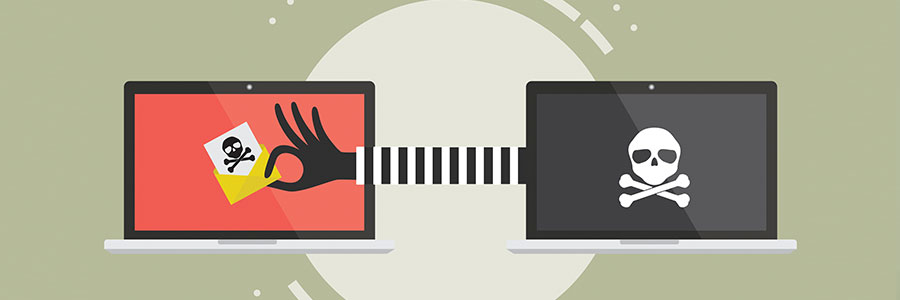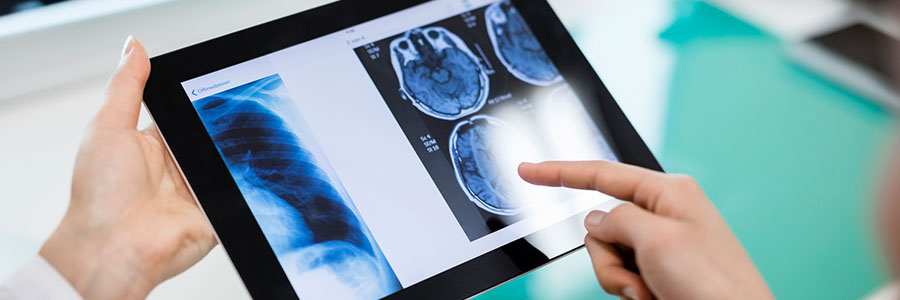It’s been three weeks since one of the worst IT security vulnerabilities in history was announced, and consumers are still receiving mixed messages about how to protect themselves. We usually encourage users to install software updates as often as possible, but when it comes to Meltdown and Spectre, that advice comes with an asterisk.
Enlist IT help when installing CPU updates
Critical browser vulnerabilities discovered
When Pre-installed Apps Create Risks

Have you recently purchased new laptops or computers? Don’t get too excited. A new report proves that pre-installed software such as free trials and web browser toolbars can pose high-security risks. So if you want to maximize your new investment, here are some things you might want to know:
Tavis Ormandy, a researcher from Google's Project Zero, recently discovered that a compromised password management app, Keeper, had been installed with some versions of Windows 10. For a brief period, Keeper's browser extension, when enabled, allowed websites to easily steal login credentials.
Apple fixes major macOS security flaw
Fight mobile malware with MTD

More and more customers are using their smartphones and tablets to browse and purchase products. That is why many businesses are adopting a mobile-first strategy and shifting their focus on improving their websites on mobile platforms. But to stand a better chance of enhancing business security, you need to adopt mobile threat detection (MTD) tactics.
Chrome Cleanup tool’s enhanced features
Spiced up security features on Android Oreo
New Office attack method puts users in danger

As the world’s most popular productivity suite, Microsoft Office tends to receive much attention from cybercriminals. Generally, hackers embed malware in authentic Office files to trick users into unleashing it onto their machines. However, the most recent exploit proves to be much more dangerous than any Office hack we’ve seen.
Mobile devices and healthcare businesses

Mobile devices have revolutionized the healthcare industry: They’re convenient and significantly improve work efficiency and patients’ satisfaction. Yet they also come with risks. Patient data handled by those devices can be leaked. That’s why every healthcare provider needs to be extra careful about data security when using mobile devices.







